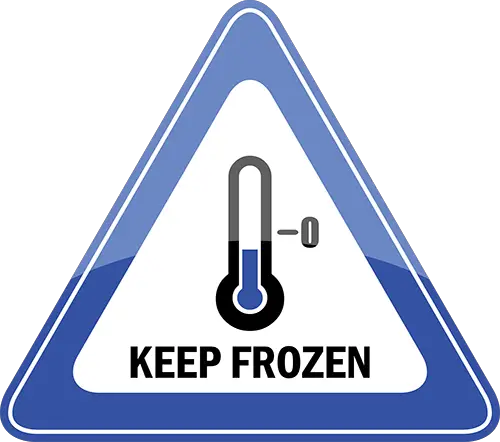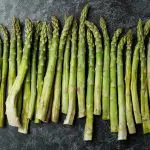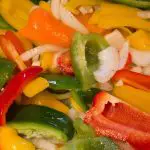Freezing Corn On The Cob Without Blanching (How To, Pros, And Cons)
Corn on the cob can be kept in the freezer for a long time, both with and without blanching first.
Although frozen corn does not last forever, fresh corn is one of the hardier vegetables that can be frozen and stored for up to a year. Frozen corn on the cob will need to be used within twelve months or less.
First, I’ll explain how to freeze corn on the cob with blanching, and then I’ll show you how to freeze it without blanching.
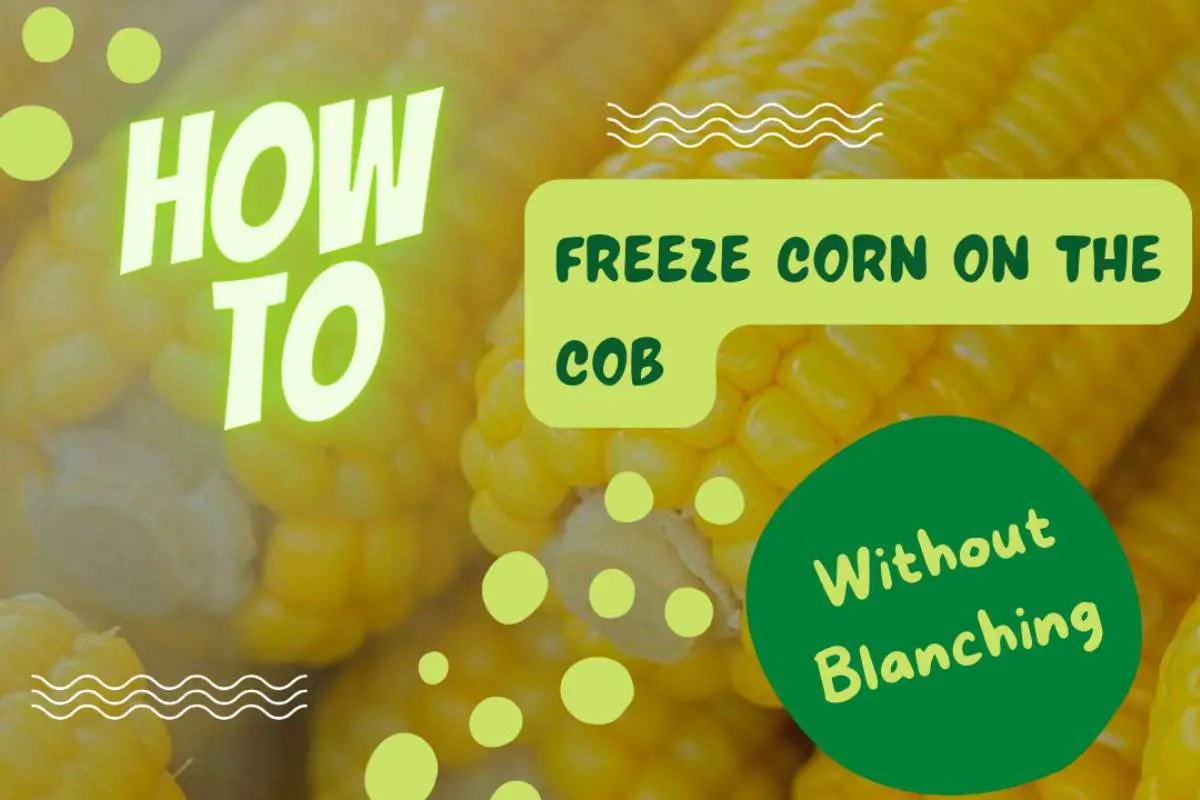
Blanched Cob
Perhaps, the most popular technique for freezing sweet corn is to blanch the corn cobs before freezing.
Blanching before freezing corn means boiling it quickly for a couple of minutes (not fully cooked) and then immersing it in ice water. This procedure helps to deactivate the corn’s enzymes, preventing nutrient and color loss when freezing.
Freezing Blanched Cobs
Although blanching corn before freezing requires a little more preparation at the time of freezing, it will save you a significant amount of time later when cooking.
Step One: Blanch the Corn Cobs
Boil a large pot of water before adding the cobs. Allow the cooking corn to boil for 4-5 minutes. The idea is to cook the corn cobs quickly but not completely. Don’t forget to remove silk and husks before blanching.
Step Two: Ice the Corn
When your corn has blanched for several minutes, move it from the boiling water and place it in a large bowl of ice water.
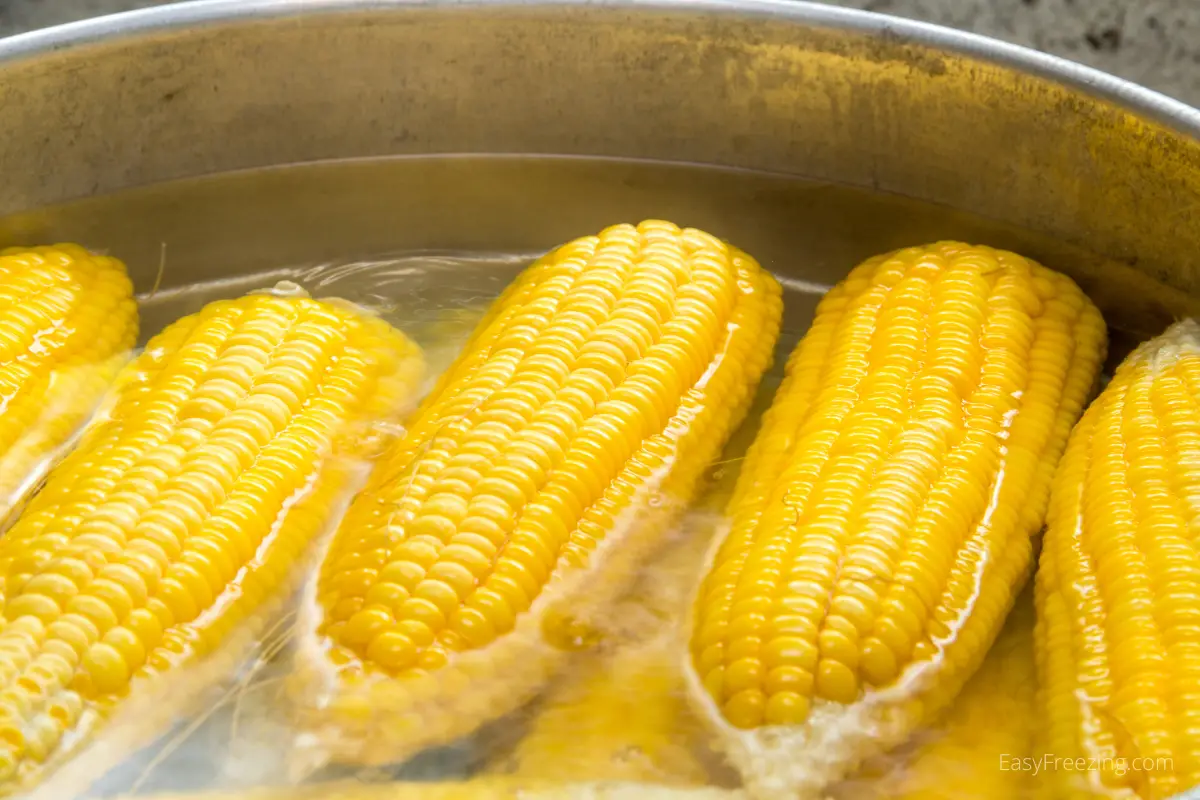
People sometimes want to know if it’s better to freeze the blanched corn kernels on the cob or off.
Step Three: Using a Sharp Knife, Cut the Kernels (Optional)
If you plan to eat the corn on the cob in the future, you will want to go ahead and freeze it on the cob. However, if you intend to use it in recipes, you can save time later by separating the corn kernels from the cob before freezing because it can be quite difficult to separate the kernels from the cob later.
When the corn is cool enough to manage, cut the kernels from the cob and place them in a large bowl. You can skip this step if you prefer to keep the cobs whole.
Step Four: Freeze the Corn
Spoon the kernels into freezer bags or plastic wrap, or place the whole cobs in bags. Make an effort to remove as much air as possible. Seal the bags and place them in the freezer.
Now, let’s talk about two methods you can use to freeze corn on the cob without blanching it first.
How To Freeze Unblanched Corn on the Cob
In reality, freezing unblanched corn on the cob is the simplest way to freeze corn as it is a process that does not take the extra time that blanching does:
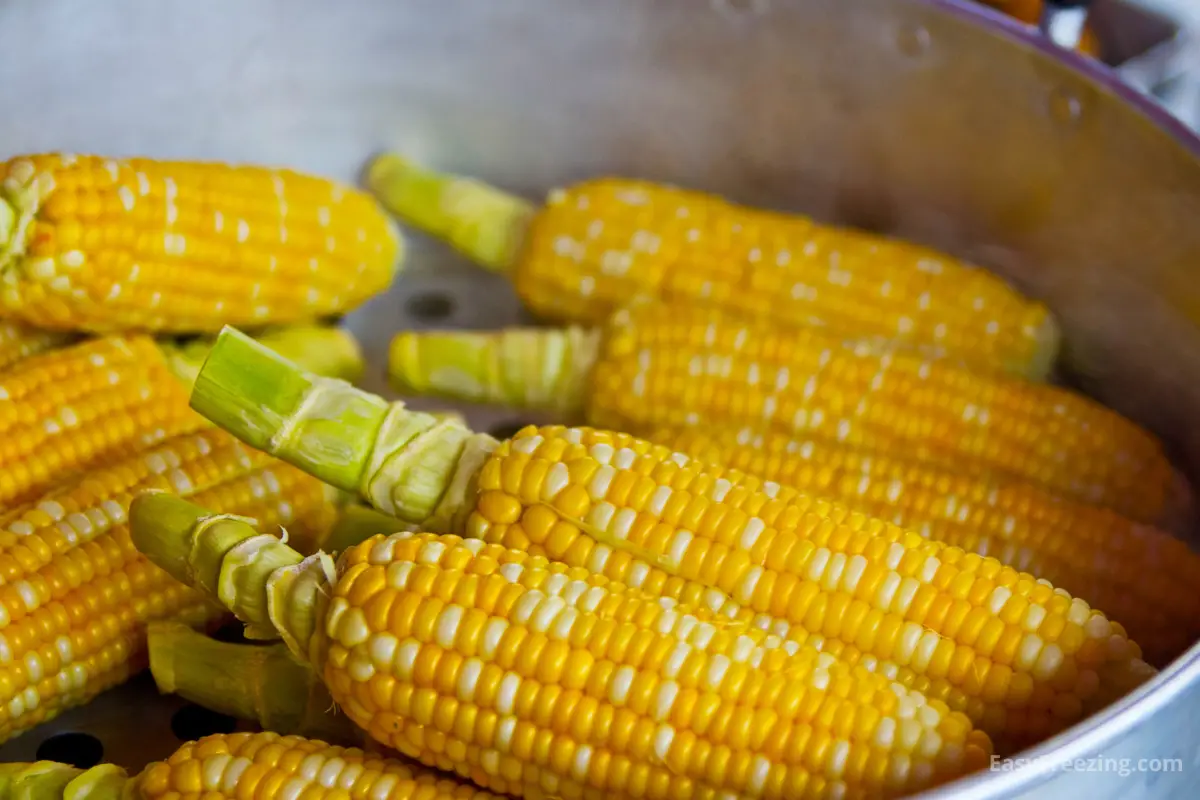
Begin By Shucking the Corn
The corn preparatory process separates the husk from the cob by pulling it from the corn to reveal the corn cob. A damp paper towel can be helpful to wipe off and remove the excess silk.
Make Use of Freezer Bags
After the corn is shucked, it can be carefully put into a freezer bag. To prevent freezer burn so that the corn will not become inedible, make sure you use high-quality freezer bags. Airtight freezer-safe bags can be used for sealing corn.
Time to Freeze the Unblanched Corn on the Cob
Finally, place the corn inside the freezer. You can put it in the part of the freezer that you are least likely to open or at the furthest part to avoid temperature fluctuations due to frequently opening the freezer.
How To Freeze Fresh Unblanched Corn Off the Cob (Kernels)
Instead of having to cut them from frozen cobs, raw corn kernels are ideal for soups. This is a somewhat simple task, and it is a breeze to cook frozen corn, whether by itself in boiling water or as part of a recipe.
An all-purpose chopping board is among the top suggestions for removing kernels from corn on the cob. Cut the kernels over the chopping board and then push them into a large bowl.
You should also use airtight freezer bags to save freezer space when storing compared to containers.
Corn is simple to prepare and freeze without blanching it first. The only drawback is that once thawed, it will be more coarse than blanched corn. Furthermore, because the unblanched corn must be cooked before use, it is not the best choice for using quickly as it will need to be fully cooked.
Here are the steps to freezing unblanched corn kernels
Shuck the Corn
Just as was stated earlier, remove the husk from the cob.
Cut the Kernels with a Sharp Knife
Utilizing your cutting board, cut the kernels from the cobs with a sharp knife and place them in a large mixing bowl. You’ll have more power when transferring the corn to a freezer bag if you put it in a large bowl.
Transfer the Kernels and Freeze
Many people use airtight containers for this step, but freezer bags take up far less room. A freezer bag can also hold more kernels than a small jar or container.
Once the kernels are in the bag, remove as much air as possible. After that, place it in the freezer. Also, plastic wrap can be used in place of freezer bags if you wrap the corn multiple times.
Advantages of Freezing Raw Corn (Unblanched)
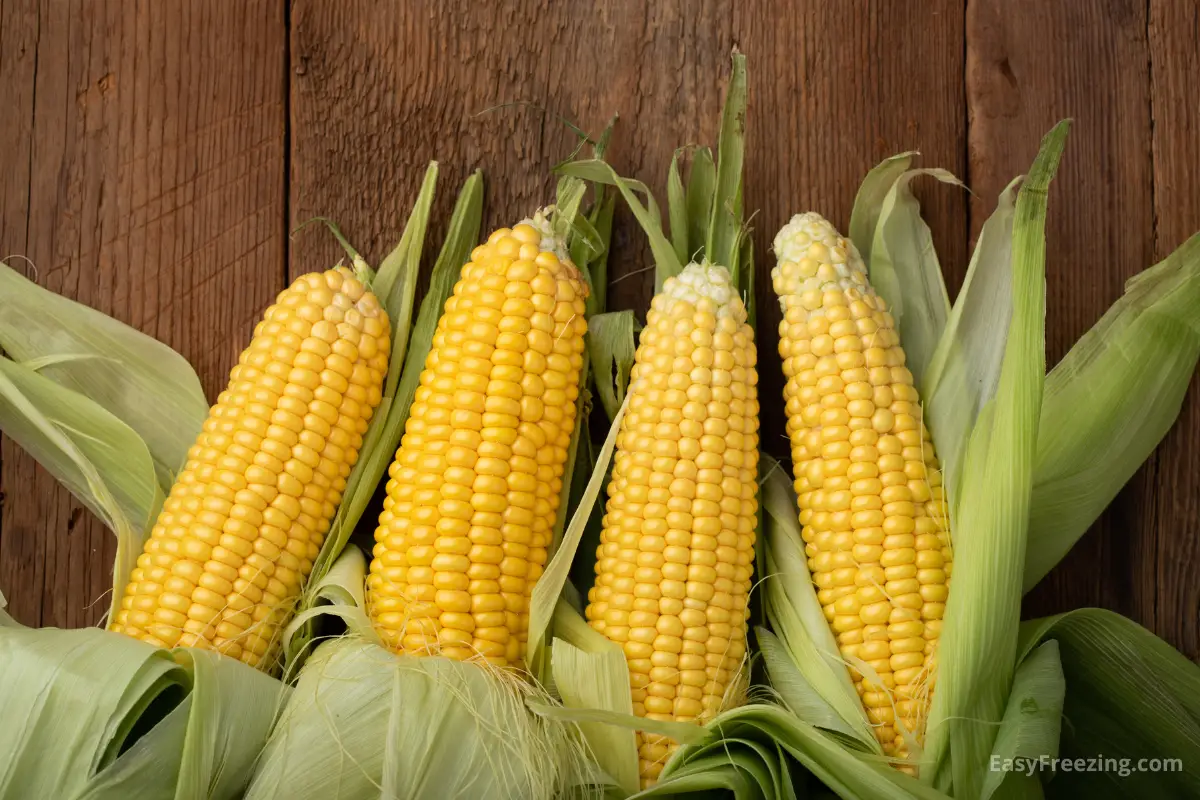
- It is the easiest way to freeze corn quickly.
- Less time-consuming upfront.
Disadvantages of Raw Corn
- Corn that wasn’t blanched before freezing may become chewy and mushy after some time.
- It won’t taste quite as good as corn on the cob that was blanched before freezing. This may not matter much if you’re planning to use the corn as part of a recipe instead of eating it directly.
Frequently Asked Questions
Can You Freeze Corn Without Blanching?
Yes, you can freeze corn without blanching. Unblanched frozen corn, however, won’t taste as good and tends to get chewy and mushy once thawed and cooked.
How Long Should Corn Be Blanched Before Freezing?
Boil the corn. Fill a large pot halfway with water and bring it to a boil. Add the corn cobs to the pot with tongs and cook for approximately 4 minutes. Blanching aids in the destruction of enzymes that break down the corn over time. This way, the flavor, and taste are preserved.
Is it Possible to Freeze Uncooked Corn in its Husk?
Corn on the cob can be frozen in its husk without first blanching. The husk will help protect the corn from freezer burn, but the corn will need to be fully thawed before you can shuck it. If you plan to freeze corn this way, it’s important to note that it can only be frozen for up to 4 months as the corn will begin to deteriorate rapidly after this time.
Freezing Corn on the Cob Without Blanching – Final Thoughts
Follow these tips to ensure a proper outcome when you freeze corn on the cob without blanching. While freezing unblanched corn on the cob is faster and easier up front than blanching it first, it’s important to note that the corn will not taste as good or last as long in the freezer.
However, if you’re planning to use frozen corn as part of a recipe, freezing without blanching is a good way to do it, as you’ll likely notice very little difference in the taste and texture of the corn.
